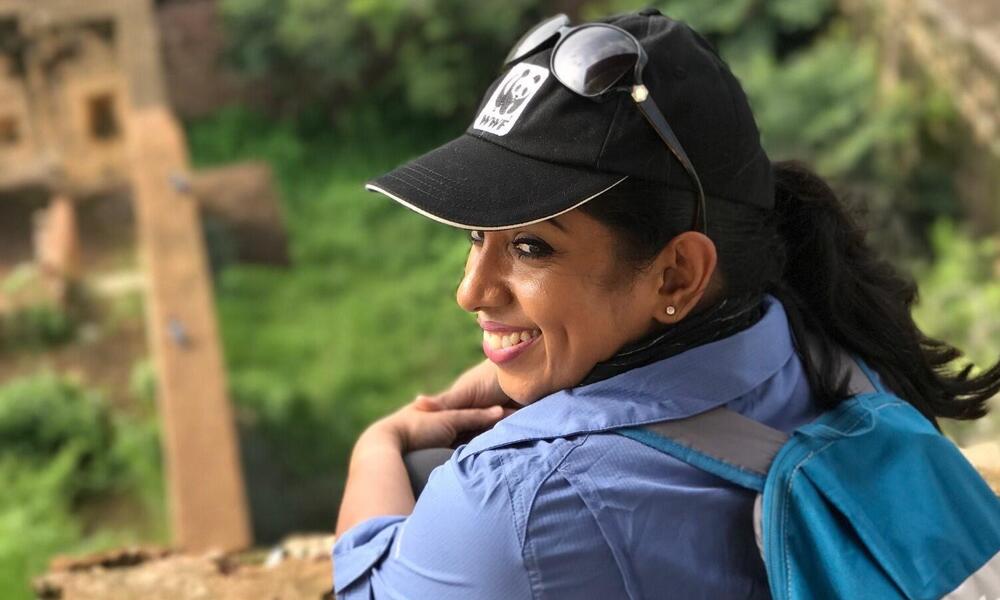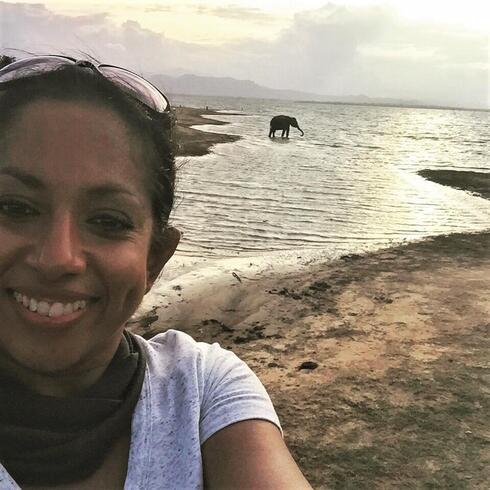What was your upbringing like and how has your heritage influenced your experience as a wildlife conservationist?
I grew up in a suburb of Sri Lanka’s capital of Colombo, at a time when development happened at a slower pace and where wetlands drew countless species of birds, monitor lizards, and even snakes that came looking for snacks in the neighborhood. Mahouts—elephant keepers—often walked captive elephants around the city, a sight that drew me every single time; fascinated, I watched their swaying gaits until they were well out of sight. On a darker note, I also grew up hearing many stories of conflicts between people and wild elephants that often ended with heartbreaking results. Over time, having seen how these conflicts affect both wildlife and people—not just in my native country, but all over the world—I immersed myself in learning about human-wildlife conflict and seeking solutions that moved the proverbial needle towards coexistence.
Since those early years, I’ve had the privilege of working on conservation issues across continents. But nothing has been more fulfilling than being able to give back to conservation in my home region. Whenever I’m in Asia, and no matter which country I’m in, I always feel like I’ve come back home.
Which current or historical figure do you admire the most and why?
There are so many people I admire that it’s hard to pick just one! I particularly admire women leaders, both in history and today, who have broken barriers and overcome the hardships of culture and conditioning to do good for the world. I have always considered myself a ‘doer’; I am happiest when I see results from conservation actions we implement for the wildlife and places we care about. So, when I think about those I admire, the ‘doers’ out there are the ones I continue to emulate.
As part of WWF’s DEI initiative, you actively participate in our employee resources group (ERG) supporting Black employees, as well as our new ERG supporting AAPI staff. Can you share why you think these groups are important for WWF? What more can the conservation sector do to achieve more diverse representation within the field?
Representation really does matter. A diverse workforce with diverse perspectives will not only enrich our conservation work but create more opportunities for open dialogue that engages a variety of groups and communities. Effective conservation requires everyone’s participation. But the work doesn’t stop with engagement; we must ensure a place at the table for all and create an environment that fosters respect and allows diverse groups to share their ideas and thoughts as equals.
I’m here because of my absolute passion for the cause, but if the work I do serves to inspire others like me that a conservation career is possible for a woman, a person of color, or someone who wants to follow their passion but isn’t academically trained in that field, I am honored. It is a very empowering side effect.

